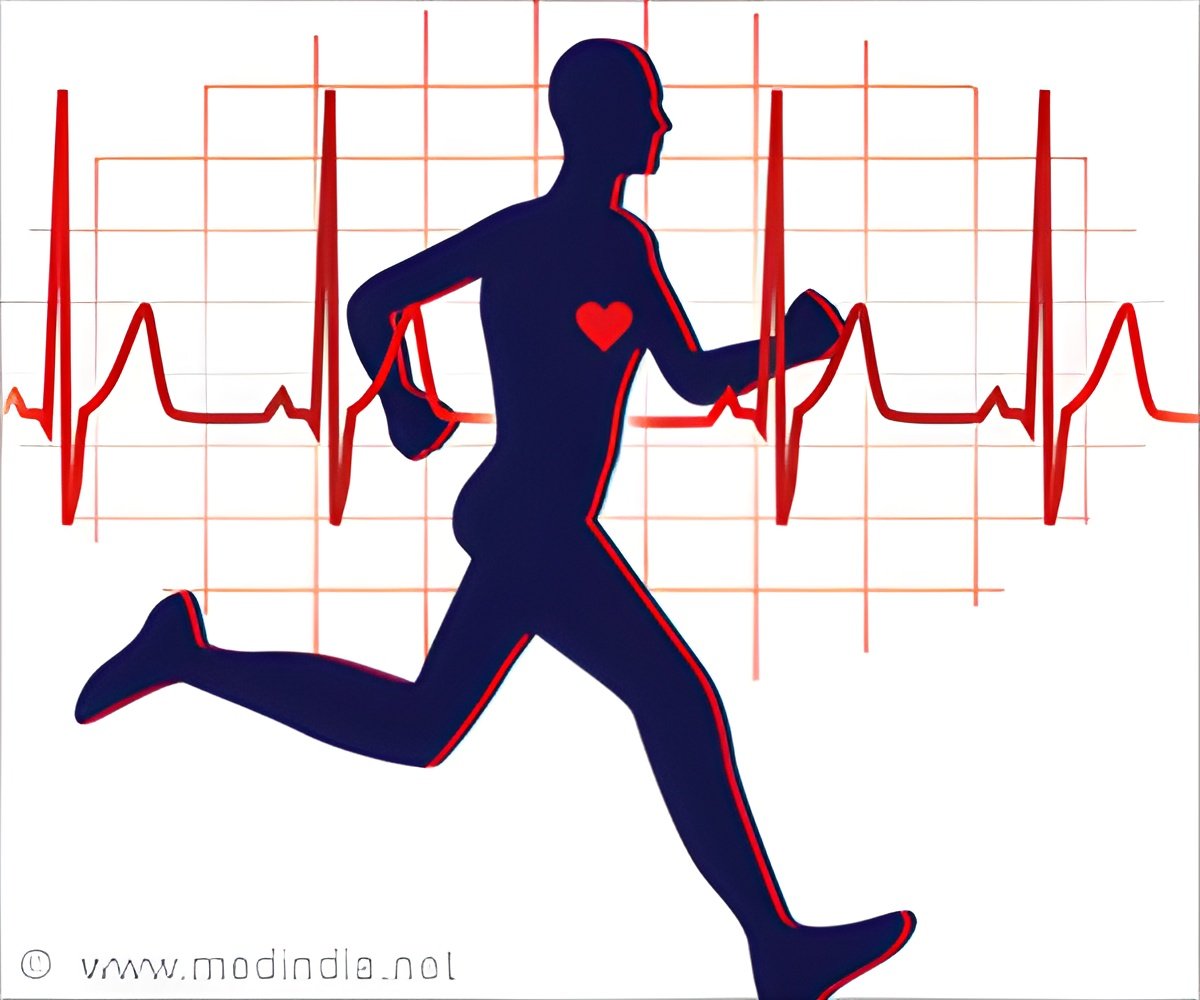Small pilot study suggests virtual oversight keeps cardiac rehab patients motivated to exercise.

TOP INSIGHT
A 12-week mobile health program not only kept cardiac rehab patients from losing ground, but also helped them maintain and even gain fitness.
Kraus and exercise physiologist Brian Duscha used modern devices to build a post-rehab regimen that could provide a measure of oversight and motivation outside of a gym-based regimen.
The researchers enrolled 25 heart disease patients after they completed a typical cardiac rehabilitation program, which included 36 medically guided exercise sessions in a gym setting, diet counseling and other programs that encourage healthy lifestyle choices.
Following rehab, 16 of the patients were randomly selected to participate in the mHealth intervention, consisting of a wearable activity tracker, a personalized prescription to walk a certain number of steps a day, and up to 12 weeks of personalized virtual sessions with a health coach over the phone or computer.
A comparison group of nine patients were discharged from cardiac rehab with usual care, which did not include any specific lifestyle recommendations other than advice to continue with good diet and exercise choices.
While the minutes per week of physical activity of people in the usual care group tailed off across all levels of activity, those in the mHealth group shifted their activity level to a higher intensity from moderate-low to moderate-high intensity.
"The mHealth group only decreased their moderate level exercise by 16 minutes per week, while the usual care group fell off by 113 minutes per week," he said. "This has important public health implications, because maintenance of physical activity and physical fitness are inversely associated with cardiovascular events, such as heart attack and stroke."
Source-Eurekalert
 MEDINDIA
MEDINDIA




 Email
Email









